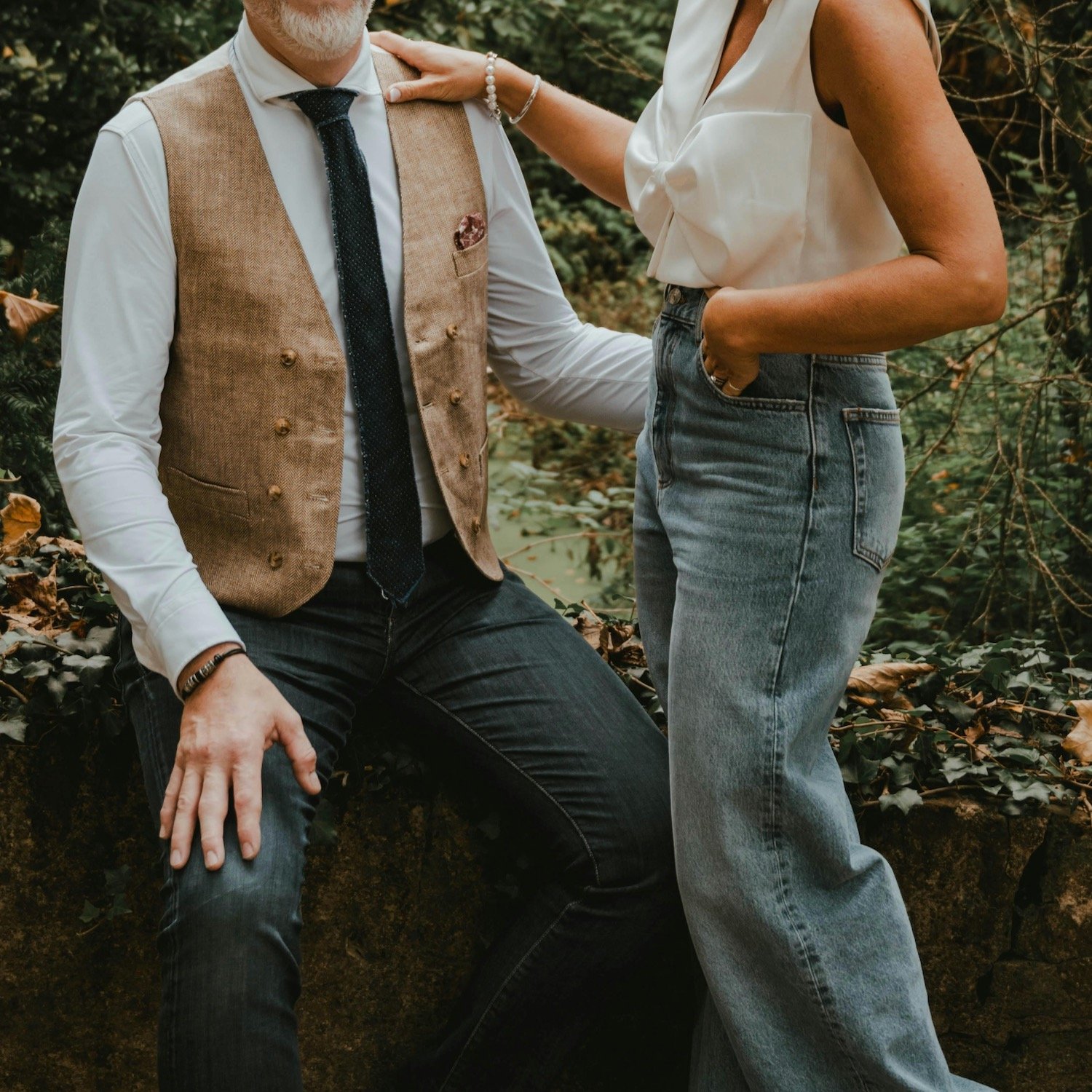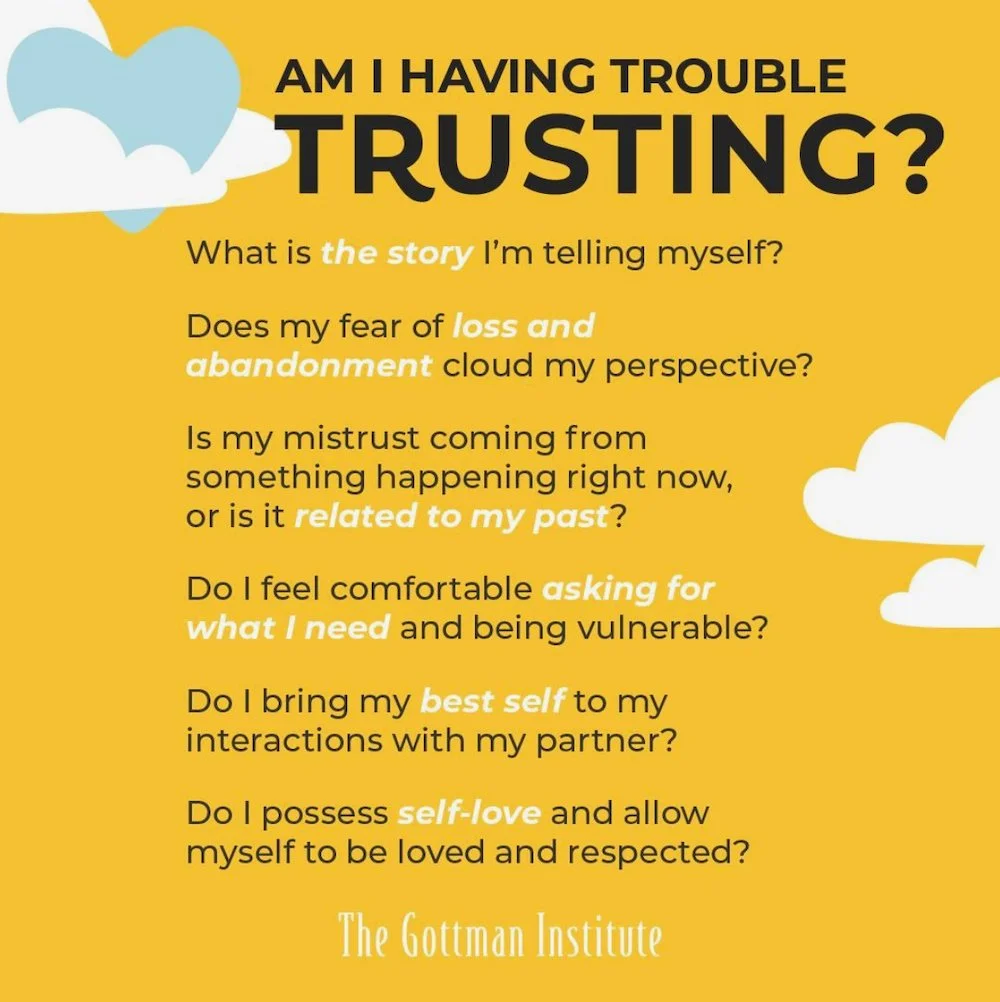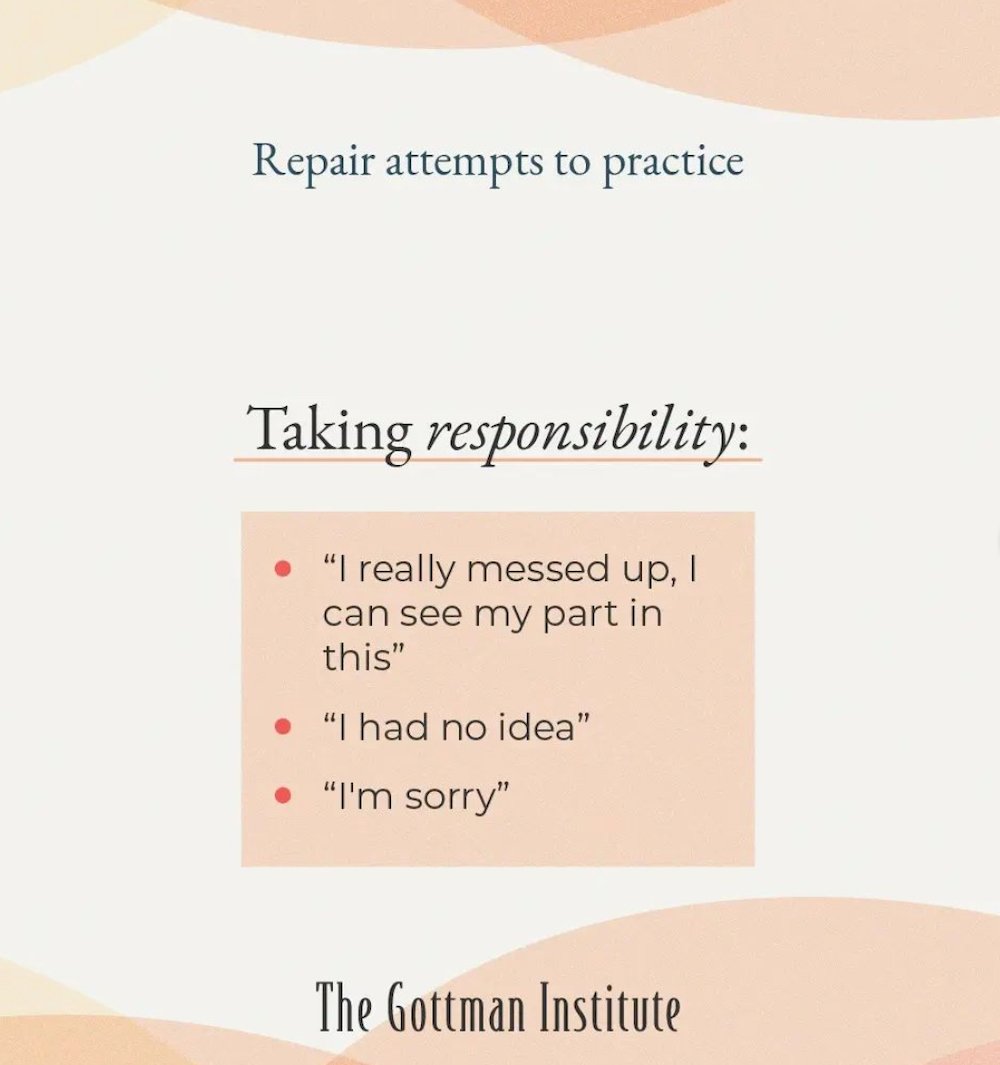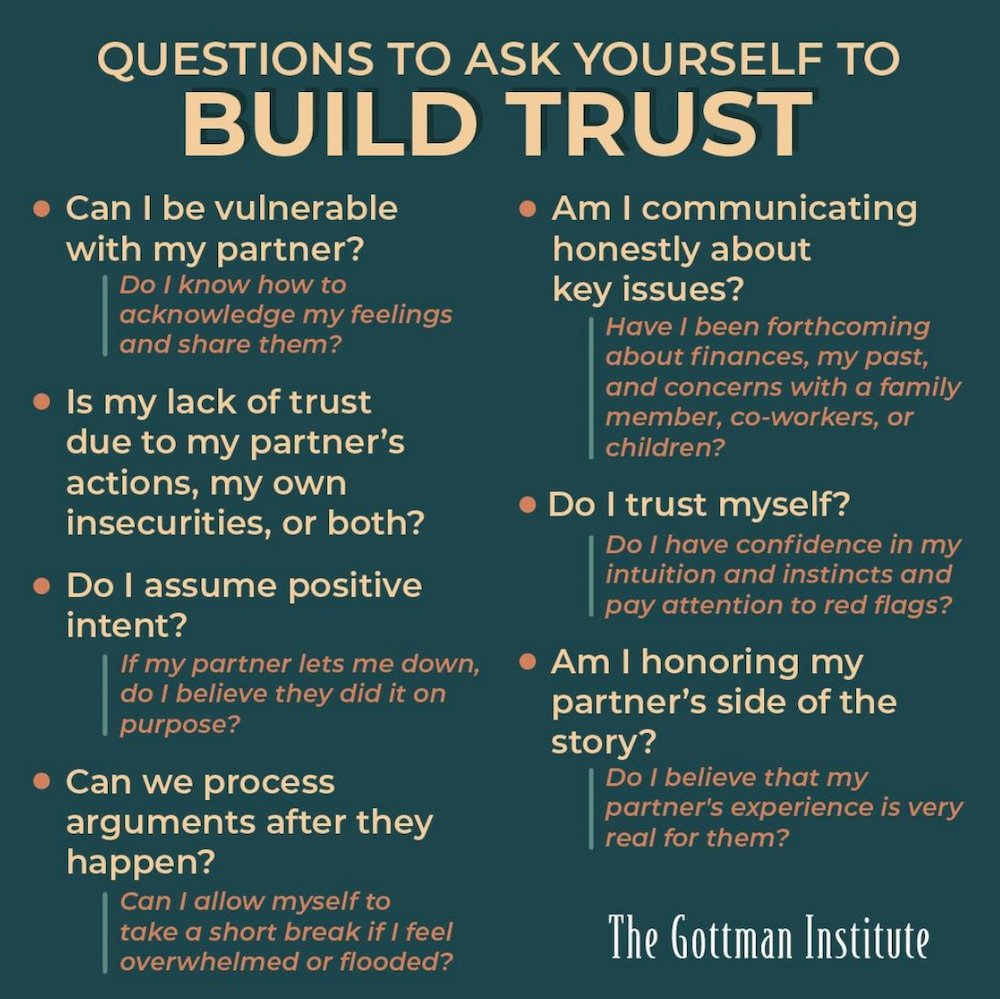The 4 Things You Must Do Right Now If You Want To Feel Trust in Your Relationship
None are easy. But every single one is worth it.
by The Candidly Team
Trust sounds like one of those critical, foundational things any decent relationship must be based on to exist.
And yet, it’s not unusual to grapple with it.
What muddies the waters is in large part the fact that our suspiciousness in relationships can have more to do with us than our partner. Our past relationships are enormous generators of our “trust issues” and depending on where those issues originated and how far we’ve gotten into resolving them, we can expect a certain amount of distrust to infiltrate our relationship. Yes, even a good, solid one
So what if our goal is to trust more? To get better at peeling away reality from the “what ifs” that start spiraling in our heads.
Well, according to The Gottman Institute, which has spend decades studying relationships, there are four specific actions we must take to build trust in our relationship.
But before we get into those four things, it may be worth taking this simple questionnaire created by Gottman, which can help you establish the degree to which you might be struggling with trust in your relationship.
So now that we’ve potentially pinpointed the problem, let’s get into the solution.
To explain the four most critical things we can start doing today and why they’re so game-changing, we spoke to Genesis Games, a Licensed Mental Health Counselor and a Level 3 Gottman Method trained couples therapist.
They don’t sound easy, but they do sound deeply worth shooting for.
1. We all obviously want to feel trust in our relationships, so assuming we're not with a compulsive liar or something extreme, what are the main things that get in our way?
We need to think about our relationship with "trust," the way "trust" has been role modeled or not in our lives. We also have to consider whether we trust ourselves, as a starting point. The lack of trust in others, who have done nothing to make us doubt them, often has to do with a lack of trust in ourselves. I may not trust myself to see "red flags," to be a good judge of character, to make the best choices for myself, or to cope if I'm deceived.
2. How much of building trust is in our control? How can you tell when it's a case of one partner needing to work on becoming more trustworthy or the other partner needing to work on feeling more trusting?
As a couple, we need to work to co-create a culture of emotional safety, where we both feel comfortable being honest and transparent with each other. We do this by modeling vulnerability, in other words, opening up.
We encourage it by being mindful of our reactions when we hear something we don't like.
We continue to cultivate it by approaching topics from a place of curiosity and interest, withholding judgment.
John Gottman talks about "small things often." Trust is built in the small moments where we pause and prioritize our partner's needs and wants. We listen and do so carefully, with the intent to understand.
3. The Gottman Institute, which has spent more than two decades exclusively studying relationships, says there are four specific things we need to do to establish trust? Can you walk us through these one by one, starting with "saying what you mean and meaning what you say?" What does this specifically break down to?
Your words need to mean something and they need to be used intentionally. A lot of times, we say half-truths and filter our thoughts, to avoid hurting our partner's feelings. Although being mindful of our partner's feelings is great, it cannot be at the expense of honesty. Your partner needs to trust that you mean what you say, always.
4. The second step involves stating your intentions clearly, so neither person is driving the other crazy by leaving them to make guesses and fill in the gaps. Can you give us an example of how a person could go about this and why it makes things monumentally better?
We aren't mind readers, assumptions lead to frustration. Be direct and clear about what you think, want, feel, or intend. Spell it out as you would to a five-year-old. Don't assume your partner "should know."
Trying to decipher what our partner is thinking, doing, feeling, or intending creates a lot of unneeded anxiety. This anxiety makes it hard to feel at ease around our partner.
5. The third step might be our favorite, admitting your mistakes. How do you encourage couples to own up to their part in things? Why does this feed straight into establishing trust?
I love this one too and it’s one I emphasize with the couples I work with. In any interaction, with the exception of abuse, where more than one person is involved, all people involved hold a degree of responsibility. The degree will vary from 10/90 to 50/50/ to 70/30. But everyone has something to be accountable for. By looking within, putting ego aside, and acknowledging where you went wrong and how you can improve, you foster trust in your investment in the relationship. It sends the message that you are one team versus opposing teams.
6. So the last step might sound obvious, because it says we should "always tell the truth." And we all know this and want this, but what are some tools we can use to encourage more openness in the relationship?
If you want someone to be honest and open with you, practicing acceptance and active listening skills are key. First, you may not like what you hear, you might be in disagreement, but you have to listen to understand. The ultimate goal is understanding and ensuring the other person feels understood.
Secondly, we need to be engaged in the conversation. This means nodding our heads, asking clarifying questions, summarizing the information, and following up on a later occasion. We cannot be distracted by our phones, looking in the opposite direction, and speechless.
Being vulnerable is hard and risky. You want your partner to feel reassured that you appreciate their vulnerability and that you can handle it. A lot of times people are dishonest because they want to protect their feelings and ultimately the relationship, even if it eventually backfires.
7. How far should we take all these steps? In other words, can we go too far and share more than we need to?
This is a hard one, because I will vouch for honesty and transparency. That being said we should have boundaries on how much we share, mostly during the dating stage. I don't need to reveal all of my traumas during our third date.
As the relationship progresses, as we feel more emotionally safe, and there's a higher level of commitment, we should start opening up more.
We need to gauge the response we get and how the relationship is impacted by the information we share, and that can help us decide if we should take a pause or continue to open up.
This article is for informational purposes only. It is not intended to be used in place of professional advice, medical treatment, or professional care in any way. This article is not intended to be and should not be a substitute for professional care, advice or treatment. Please consult with your physician or healthcare provider before changing any health regimen. This article is not intended to diagnose, treat, or prevent disease of any kind. Read our Terms & Conditions and Privacy Policy.











